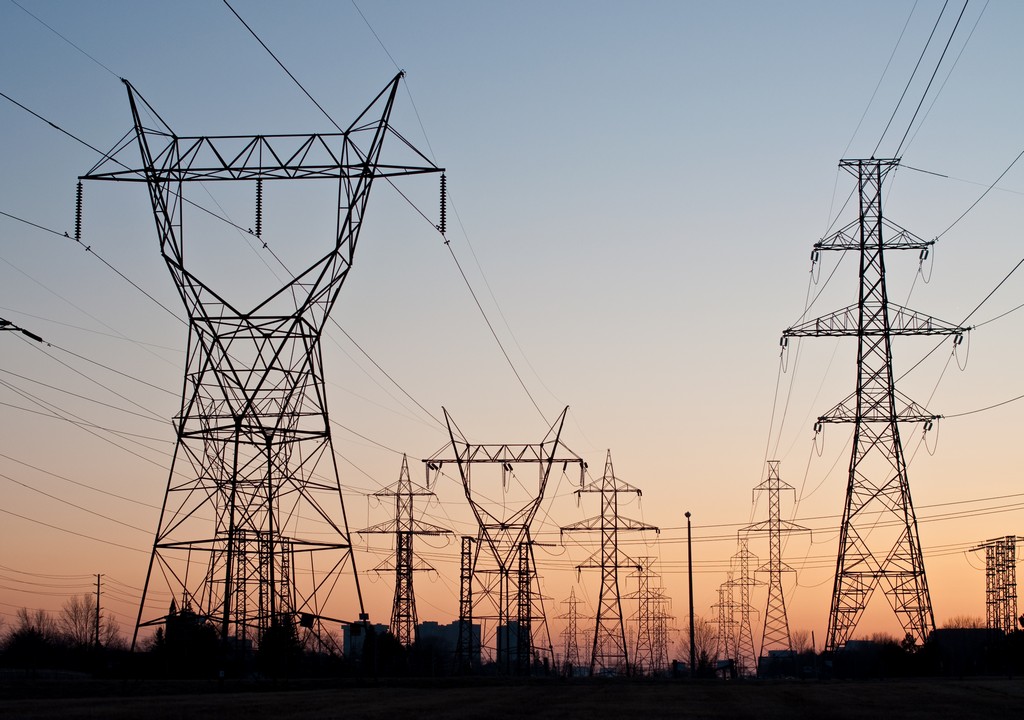House committee eyes cancellation of NGCP legislative franchise for lack of public offering
- October 1, 2019
- 0

These were the issues raised by members of the House Committee on Energy, according to the House panel vice chairman and PBA Partylist Rep. Jericho Nograles.
“There are issues raised against officials that could be plunderous,” Nograles was quoted in a Manila Bulletin statement.
NGCP was among the parties scheduled to brief the energy committee on the subject but its president and some top officials did not show up.
“Galit na galit ang Committee on Energy. There is a move to investigate the firm,” said Nograles.
“Ang feeling ng Committee on Energy ay natakot ang presidente magpakita at sumagot dahil since the monopoly of NGCP started, it also signaled lower tax collections and higher dividends to NGCP,” he added.
Nograles noted that the NGCP has been collecting P16 billion to P18 billion in dividends to its shareholders every year.
“But it has delayed the implementation of the capital expenditures so required under the law, including investment to the national grid,” said Nograles.
Due to further delay to conduct the IPO for unknown reasons, lawmakers’ motion to investigate the power transmission operator was swiftly approved.
NGCP should make a public offering within ten years since its operation, as stated under the law.
NGCP filed a motion to further delay the IPO as the ten-year deadline passed, explained Nograles.
“But that is not the point of what the law is all about. Ang punto ng batas ay hindi pinahihintulutan ang monopolyo sa grid ng Pilipinas, because the issue is imbued with public interest,” he explained.
The NGCP has asked the Energy Regulatory Commission (ERC) to grant an extension of the IPO resulting in the National Transmission Corporation to petition an intervention. ERC then rejected Transco’s plea